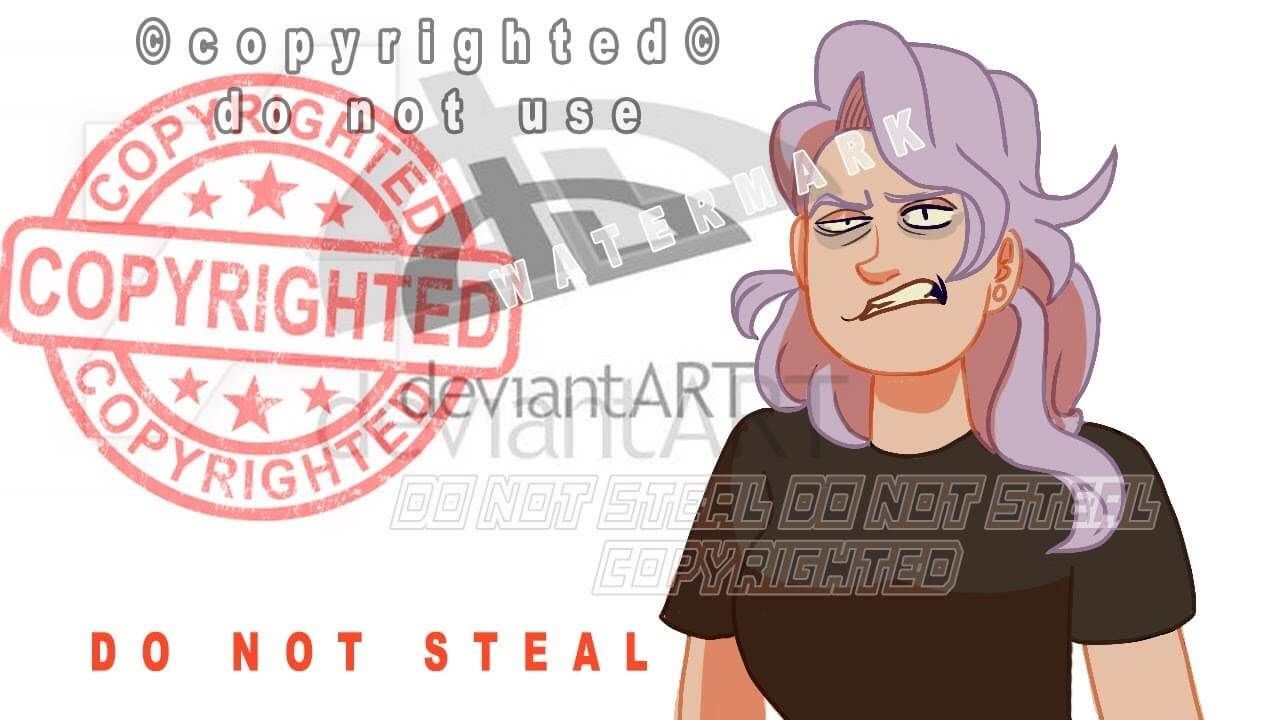
Should Photographers Watermark Their Photos?
When online image sharing became a thing, most photographers started watermarking their photos in some way. This is a trend that has continued, and almost every local photographer out there plasters their name/company somewhere on the photo. They even do it on their portfolio images and conceptual projects that aren’t up for individual sale. This, overall, is a complete waste of time and actually hurts them in the long run.

Watermarking has a time and a place. For example: If you shoot a family portrait session and make the photos available to the client in an online gallery for purchase, you should watermark them. If you don’t, they’ll just copy and paste the photos they like and you won’t get paid. That’s the only example I can think of that necessitates watermarking. The truth is, once you get to the heart of it, most photos are watermarked due to ego in some way. It’s done by photographers who want control over their images because they’re something they created, and they want the recognition. This is a backwards way of thinking in this age of technology. If you watermark a photo it usually destroys any chance that people will even bother to share it. Nobody wants to share a photo with text or logos plastered on it, and watermarking photographers are missing out on that exposure. The internet is a photo sharing monster, and photographers need to accept the fact that when they put a photo online it is no longer under their control. Once an image is uploaded, its fate is determined by the will of faceless millions, and this is a good thing. Here at Spectacle Photo, we don’t watermark anything we put online, not even if the photo is available for purchase on stock sites. We’ve found that if a company is serious about using our images for their brand, they’ll buy them. Companies we’ve discovered using our images without purchasing them are usually brand new and have no money or any real presence online anyway, so it’s not even worth getting upset over. And know what? We’ve had companies admit that when they were starting out they used our photos without permission, but once they started making money the first thing they did was buy them to use them legally, and then they hired us to make them custom photos.
If you create an awesome photo and want people to share it, don’t watermark it. And, for the love of God, don’t chase it around asking for credit. One of my instructors in film school, Rob Tuscani, once said “There’s nothing more f@$king pathetic than a photographer or filmmaker begging for recognition for something they made. They know they made it, and that should be good enough.” At first I thought that was a jarring statement. Who wouldn’t want recognition for something they created? But as I started working in the industry I realized just how true that statement really is. Two years ago a photographer I know uploaded a photo online for fun without a watermark and it started getting shared. In a week it had 200,000 shares and hundreds of comments. His reaction? He was furious. He spent weeks writing to everyone he could find that shared it to either put his name or company on it or take it down. Of course, he was ignored entirely, and the internet kept on doing its thing without his approval. Instead of being stoked that over 200,000 people shared something he created, he decided to focus on being bitter. His need for personal recognition was put before the success of his work. Since then he has refused to upload anything without first smearing his giant watermark on it, and he hasn’t had any more success with his photos being shared, and he doesn’t/won’t understand why.

I’ve been wanting to write about watermarking and recognition for awhile now, but today I was inspired to actually do it because of a photo that we shot of Skeletor. This morning I opened my email and I had a ton of messages coming in. As it turns out, someone has taken one of our Skeletor photos and made a meme out of it(click here to view it), and in less than 24 hours its had over 745,000 views. My friends and peers saw it, realized Spectacle Photo wasn’t being credited, and immediately informed me that our work is being shared without credit and being manipulated without our consent. I think that’s so funny, because we don’t think it’s anything but awesome. We as photographers create images so people can see them, so if our photos are hijacked by the internet and people are sharing them like crazy, we love it. Now, if someone posted that meme and said they took the photo, that would be a problem for us and we’d be forced to handle it.
All in all, if you’re a photographer wondering whether or not to watermark your work, think about your motivations. If watermarking will directly make you a profit then do it. But if you’re watermarking for reasons that have to do with overall control and personal recognition, you’re going to have a hard time. You can’t beat the internet, so you may as well join in and enjoy the ride.